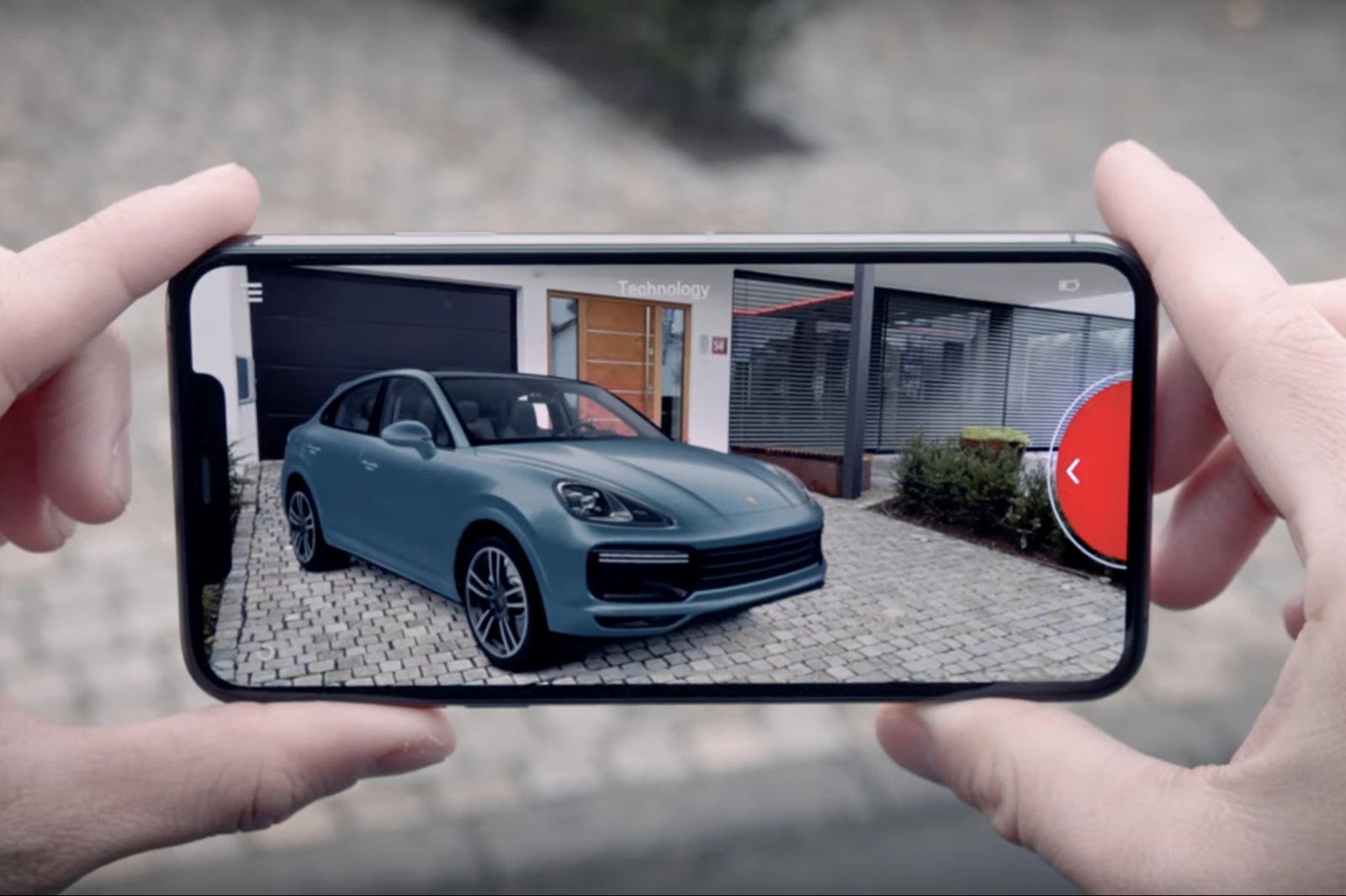In the rapidly evolving automotive industry, the landscape of digital marketing is undergoing significant transformations fueled by emerging technologies and shifting consumer behaviors. Just as history has shown, digital marketing in the automotive sector is ever-evolving, and those who can adapt to these changes are the ones who thrive. To craft a successful digital marketing strategy for the future, it becomes crucial for automotive businesses to understand the current trends that have been dominating 2023 so far. Here are five key trends in digital marketing that automotive companies should carefully consider now that we are halfway through the year:
Virtual reality and augmented reality experiences:
Virtual reality and augmented reality are revolutionizing how automotive companies engage with their customers. Offering captivating and immersive experiences, VR allows potential car buyers to virtually explore various car models, step inside the vehicles, and closely inspect their features. On the other hand, AR seamlessly blends digital content with the real world, enabling customers to see how their desired cars would look in their driveways or garages. By implementing these cutting-edge technologies, automotive businesses can enhance customer engagement, increase interest in their car models, and ultimately boost sales.
Leveraging Generative AI Tools for Personalization:
The rise of artificial intelligence (AI) has brought valuable opportunities for automotive marketers to achieve more in less time. Generative AI tools, like ChatGPT, can be utilized to personalize interactions with potential car buyers. AI-powered chatbots can engage in real-time conversations with customers, addressing their queries, providing personalized recommendations, and assisting them throughout their car-buying journey. By incorporating AI-driven personalization, automotive companies can improve customer satisfaction and drive more conversions.
Embracing Social Commerce and Seamless Purchasing:
Social commerce has become a dynamic approach for automotive businesses to integrate shopping with social interactions. Leveraging user-generated content such as authentic customer reviews and engaging videos showcasing car experiences, companies can create emotional connections with potential buyers directly on social media platforms. This approach allows customers to ask questions, seek advice, and engage with the brand, leading to increased confidence in their purchase decisions and facilitating seamless car sales.
Optimizing for Voice Search and AI Virtual Assistants:
The rise of voice search, fueled by AI virtual assistants like Siri and Google Assistant, has significantly impacted how consumers search for automotive information. To optimize for voice search, automotive companies must anticipate conversational queries relevant to their car models and provide concise, informative responses. By securing top positions in voice search results, business can increase their visibility and reach potential car buyers who prefer voice-based interactions.
Emphasizing Conversational Marketing for Real-Time Engagement
Conversational marketing has become a crucial trend in the automotive industry, enabling real-time engagement with potential customers. Leveraging chatbots, live chat, and messaging apps, automotive businesses can actively interact with customers, answer their questions, and provide personalized recommendations. This approach enhances the customer experience, nurtures stronger connections, and generates high-quality leads. Adopting chatbots for conversational marketing proves to be a valuable investment, as routine queries can be promptly addressed, saving time and enhancing customer satisfaction.
As the automotive industry continues to evolve, digital marketing remains a pivotal factor in driving success and growth. By embracing these trends and capitalizing on emerging technologies, automotive companies can elevate their marketing strategies, improve customer engagement, and thrive in the competitive digital landscape.



